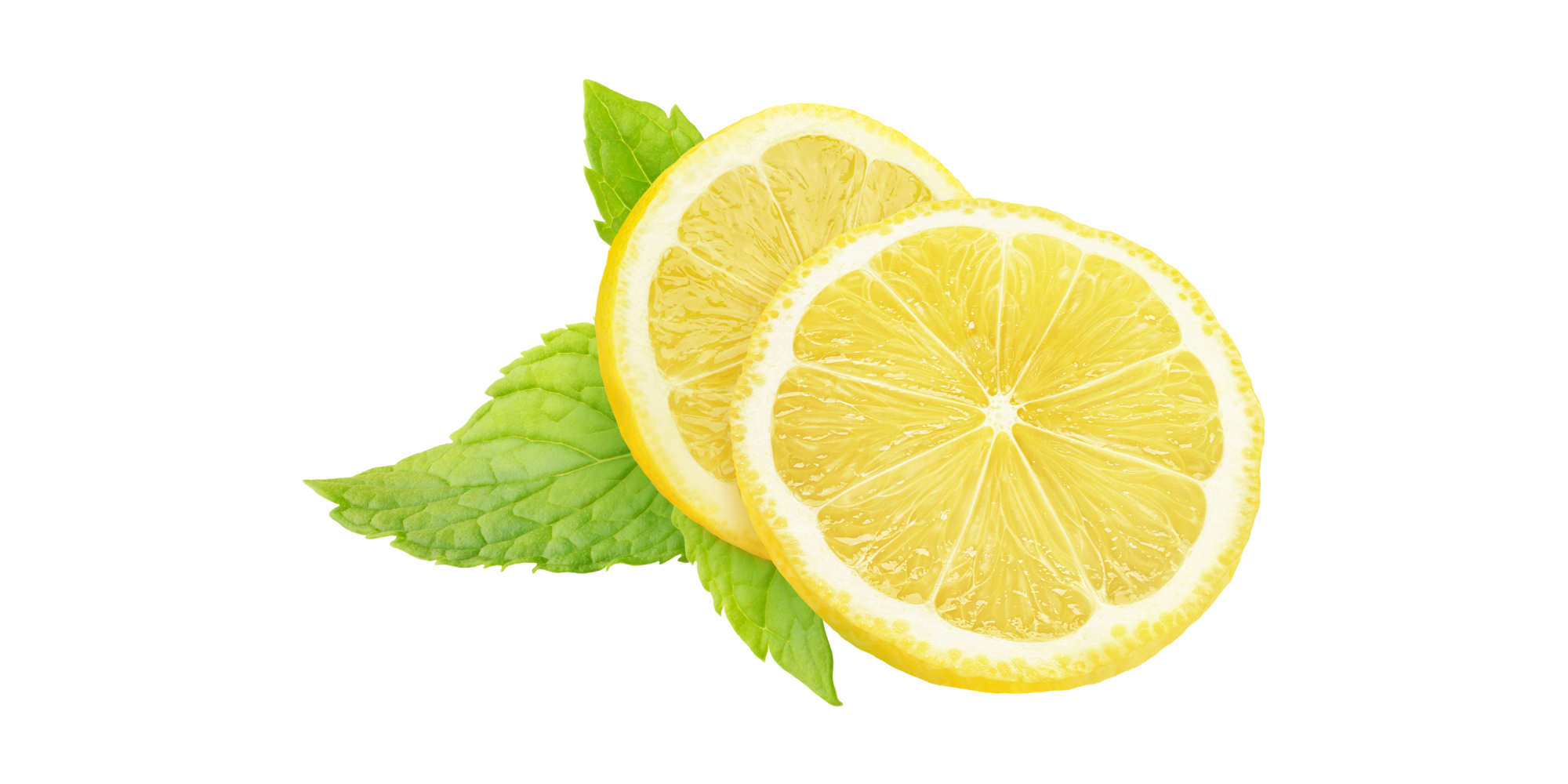
The postpartum period—often referred to as the fourth trimester—is a sacred time of healing, adjustment, and deep transformation. While much of the focus naturally shifts to caring for the new baby, it’s equally important to nourish the person who just gave birth!
As a postpartum doula, I often work with families to support not only emotional and physical recovery, but also nutritional healing. After birth, the body needs specific nutrients to repair tissue, regulate hormones, support lactation, and rebuild energy stores.
So what does postpartum nutrition really look like?
It’s not about bouncing back or restrictive eating. It’s about warming, nutrient-dense, and easily digestible foods that truly support the body’s healing process. Think bone broth, slow-cooked meats, soups, stewed vegetables, cooked greens, oats, and plenty of healthy fats. And let’s not forget about the importance of drinking enough water!
Some of the most important nutrients during this time include:
- Iron – for replenishing blood loss
- Zinc – to support tissue repair and immunity
- Omega-3s – for mood stability and brain health
- B vitamins – to help with energy and stress regulation
- Collagen – for healing and recovery
This phase is not the time to rush or push yourself. Your body deserves rest, warmth, and nourishment. In many traditional cultures, postpartum meals are centered around comfort and healing—something the western modern society is slowly realizing.
If you’re unsure where to begin, you don’t have to figure it out alone. Nutrition is one of the foundational elements of my postpartum support as a doula. I provide guidance on healing foods, simple meal planning, and how to nourish yourself while caring for your baby.
Your recovery matters—and you deserve to feel held and supported in every way.


As a breastfeeding mom, nourishing your body with the right foods is essential not only for your own well-being but also for providing optimal nutrition for your little one. Here are some tips to help you fuel your breastfeeding journey with good nutrition:
🍋Stay Hydrated: Drink plenty of water throughout the day to support milk production and stay hydrated. Aim for at least eight glasses of water daily, and consider keeping a water bottle handy for easy access. Consider having a hot/warm lemon water mug first thing in the morning to jumpstart your daily hydration, energy and vitamin C intake.
🍋Eat a Balanced Diet: Focus on consuming a variety of nutrient-rich foods to meet your increased energy needs. Include plenty of fruits, vegetables, whole grains, lean proteins, and healthy fats in your meals to provide essential vitamins and minerals for both you and your baby.
🍋Prioritize Protein: Protein is crucial for supporting tissue repair and growth, both for you and your baby. Include sources of lean protein such as poultry, fish, beans, lentils, tofu, and nuts in your diet to help maintain muscle mass and promote healthy development.
🍋Include Healthy Fats: Omega-3 fatty acids are important for brain development in infants and can also benefit breastfeeding moms. Incorporate sources of healthy fats such as salmon, avocado, nuts, seeds, and olive oil into your meals to support both you and your baby's health.
🍋Limit Caffeine and Alcohol: While it's okay to enjoy caffeine and alcohol in moderation, it's important to consume them in limited amounts while breastfeeding. Excessive caffeine intake can affect your baby's sleep patterns, and alcohol can pass into breast milk. (for any alcohol consumption make plans to pump and dump)
🍋Listen to Your Body: Pay attention to your hunger and fullness cues, and eat when you're hungry. Aim for small, frequent meals and snacks throughout the day to maintain energy levels and prevent dips in blood sugar. Breastfeeding moms generally need approximately 340-400 more calories per day that before pregnancy due to the extra energy and nutrition to produce milk.
By prioritizing good nutrition and making healthy food choices, you can support your breastfeeding journey and promote the health and well-being of both you and your baby. Remember to listen to your body's cues and make adjustments as needed to ensure you're getting the nourishment you need during this special time.
Give this delish recipe a try for increasing your protein:
#BreastfeedingMom #NutritionTips #HealthyEating #PostpartumWellness #LearnWithLynne #LearnWithLynneDoula




